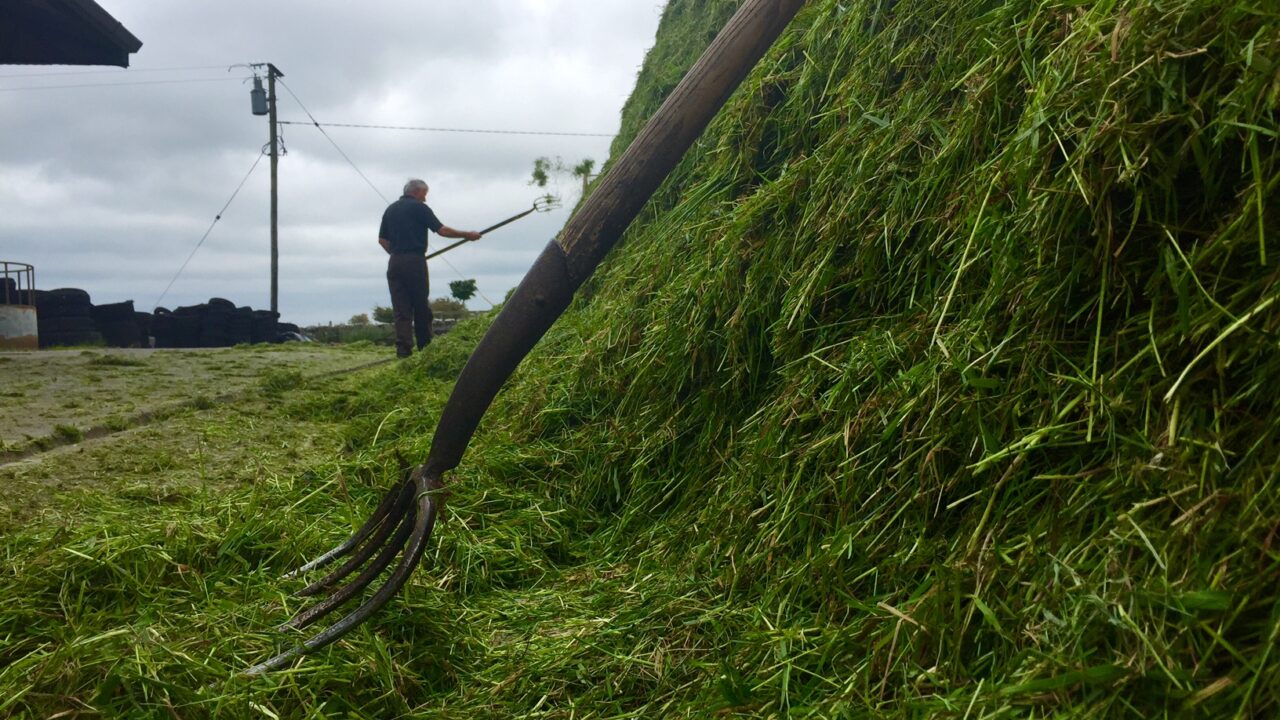At last weekend’s Sheep 2015 one factory man quipped that he has no problem sourcing lambs for Monday morning, but it’s a different story during the week.
Unknowingly, he hit on a new phenomenon in Irish agriculture which I like to call the ‘commuting farmer’.
This group of farmers are usually under the age of 40 who work off farm, often significant distances from the farm, and travel home most weekends to help their parents on the farm.
On many farms, particularly drystock, providing a sustainable income for two people is just not possible. On top of this off-farm employment opportunities in rural areas have dried up following the disappearance of the Celtic Tiger from rural Ireland.
This has led to farmers’ sons and daughters having to move away from home to find employment with many only available to work on the farm at the weekend.
The construction of motorways across the country in recent years has meant much more farms around the country are now easily accessible from all the major urban hubs.
And, each Friday the major motor tributaries from the countries cities are jammed with people on the way home for the weekend. Many heading back to their farm to crack into their second job.
Doing a week’s work over the weekend!
With the average age of the county’s farmers creeping ever closer to 60, on many farms, it falls to the younger generation to take up the slack on many of the more physically-demanding and labour intensive jobs on the farm.
‘We’ll do it at the weekend when you’re home’ is a phrase common on a lot of farms today, with jobs such as cutting silage, livestock handling and other big jobs left until the extra hands are home for the weekend.
What will happen over the next 10-15 years as more and more pressure comes on the ‘commuting farmers’ to become more hands on during the week?
Farmers have always said that their job is 24 hours a day, seven days a week, but increasingly the intensity of work and pressure at the weekend is rising in a way that was never seen before.
Farming is a seven-day-a-week job, no matter how you dress it up. But how these ‘commuting farmers’ are going to manage their farming enterprises in the long-term remains to be seen.
Rushed farm management decisions at the weekend are not good for the industry, nor the health and safety of farmers. But, the reality of off-farm employment will continue to be a feature of drystock farming, because it doesn’t provide a viable income in many cases but also because the nature of it allows farmers the time to work off farm.
But, these commuter farmers are different to their predecessors. They have greater expectations of the farm and have higher expectations when it comes to their standard of living.
Encouraging youth into the industry is fundamental to its survival in the longer term. However, most would agree that the rise of the commuter farmer is not the ideal model to achieve this.
